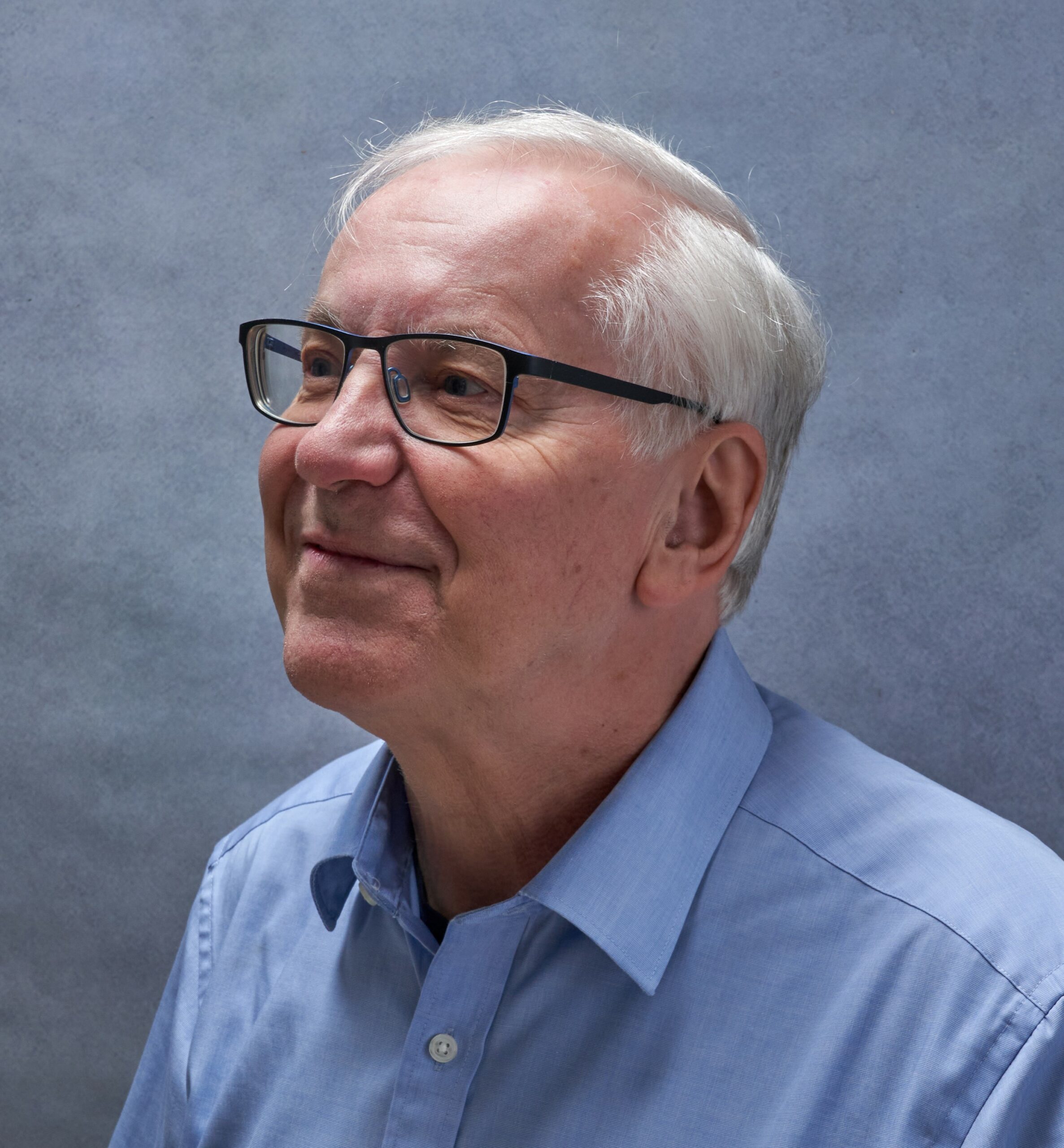
Richard Lambert
Richard Lambert combines a career as composer, examiner, organist and conductor. His recent works include a second string quartet, a bassoon sonata (premiered in Cyprus), a euphonium sonata (premiered in Florida), ‘Gloria, laus et honor’ – a toccata for organ (premiered in LA), and an opera, The Yellow Dress, produced at the Tête-à-Tête opera festival in London.
His earlier compositions were influenced by twentieth-century mainstream styles, with traces of jazz and popular music. His more recent music uses a freely atonal idiom or strict twelve-note techniques, combined with closely worked structures. He worked with composers Elizabeth Poston and Malcolm Williamson over many years; with Sebastian Forbes at the University of Surrey, and more recently, with Francis Pott at the University of West London.
His compositions have been performed in the UK, Europe, North and South America, Africa and S.E.Asia.
Richard’s teaching career spanned 34 years in four schools (32 of which were as Director of Music) culminating at St Helen’s School in Northwood, London.
As an organist, he plays regularly in churches throughout his local area, and has performed in several cathedrals – including Barcelona, Singapore, Nairobi and Jakarta.
He is a Senior Examiner, Trainer and Moderator for the London College of Music, travelling, since 1989, to many centres in UK, Europe, North and South America, Africa and S.E.Asia. He continues to enjoy this work, drawing on his long experience of music-making and working with young people.
As a conductor he has given performances of many large-scale choral works, orchestral works, operas and musicals. He has directed three chamber choirs, including Chanticleer and Hitchin Orpheus Choir.
Richard has written a highly successful GCSE music guide, published by Longman (Pearson Education). In 2011 he was elected as a Fellow of the Royal Society of Arts and in 2015 he was awarded a Fellowship of the London College of Music in composition.
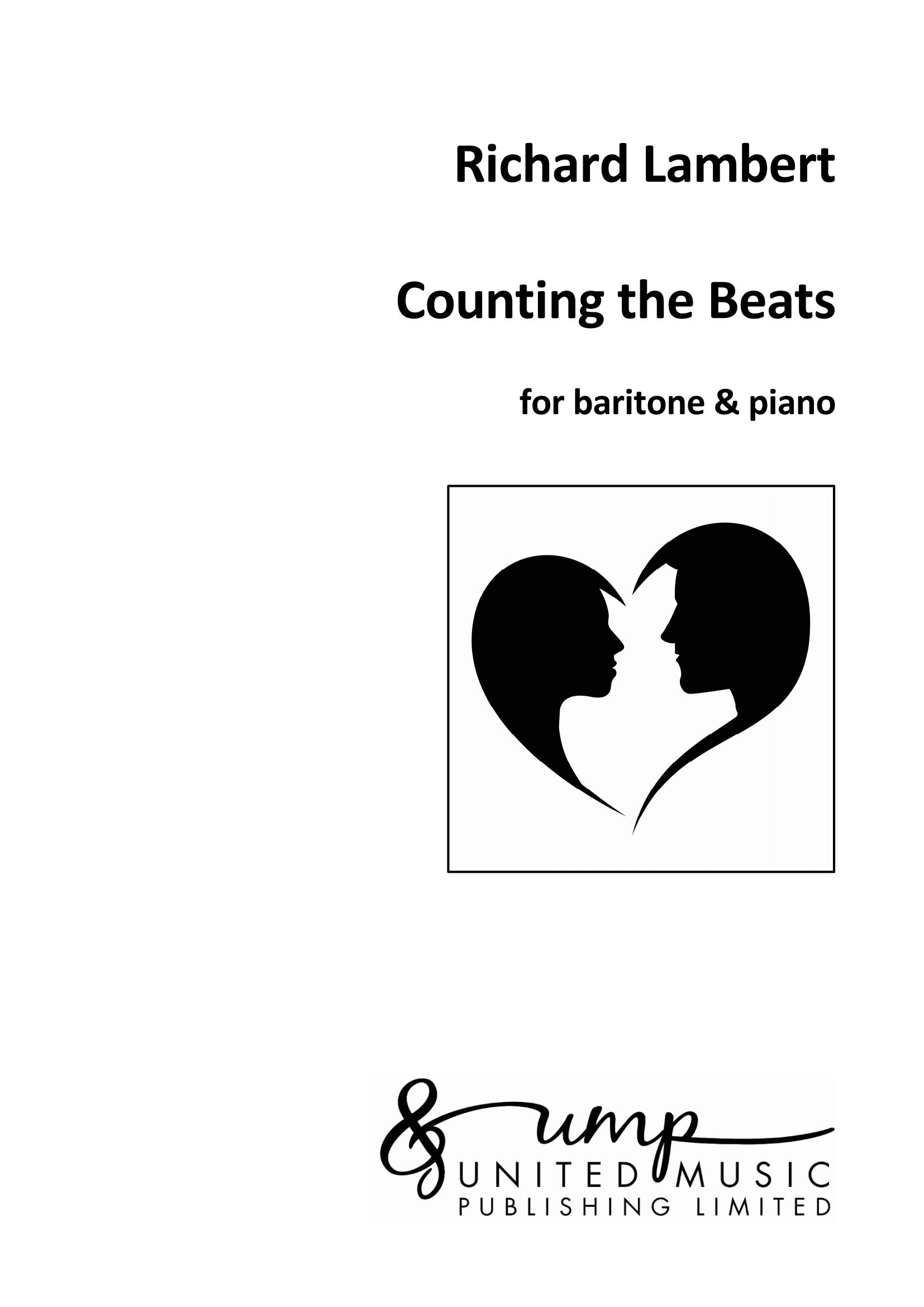 Counting the Beats (baritone)
Counting the Beats (baritone)
Text Robert Graves.
Duration 9'.
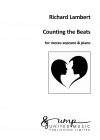 Counting the Beats (mezzo)
Counting the Beats (mezzo)
Text Robert Graves.
Duration 9'.
Listen to a sample clip
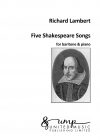 Five Shakespeare Songs
Five Shakespeare Songs
Duration 11'.
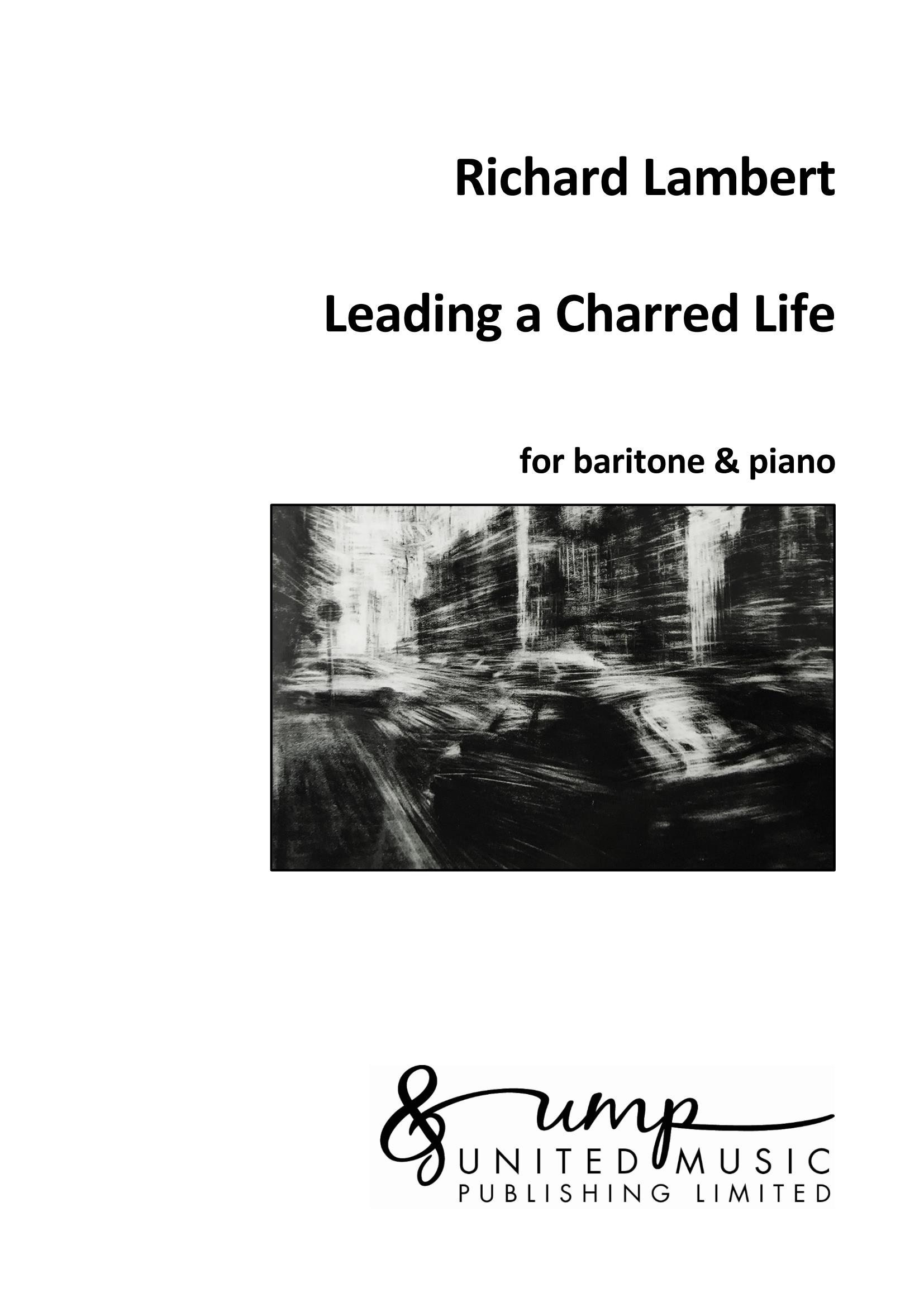 Leading a Charred Life: Seven Short Songs
Leading a Charred Life: Seven Short Songs
Duration 8'.
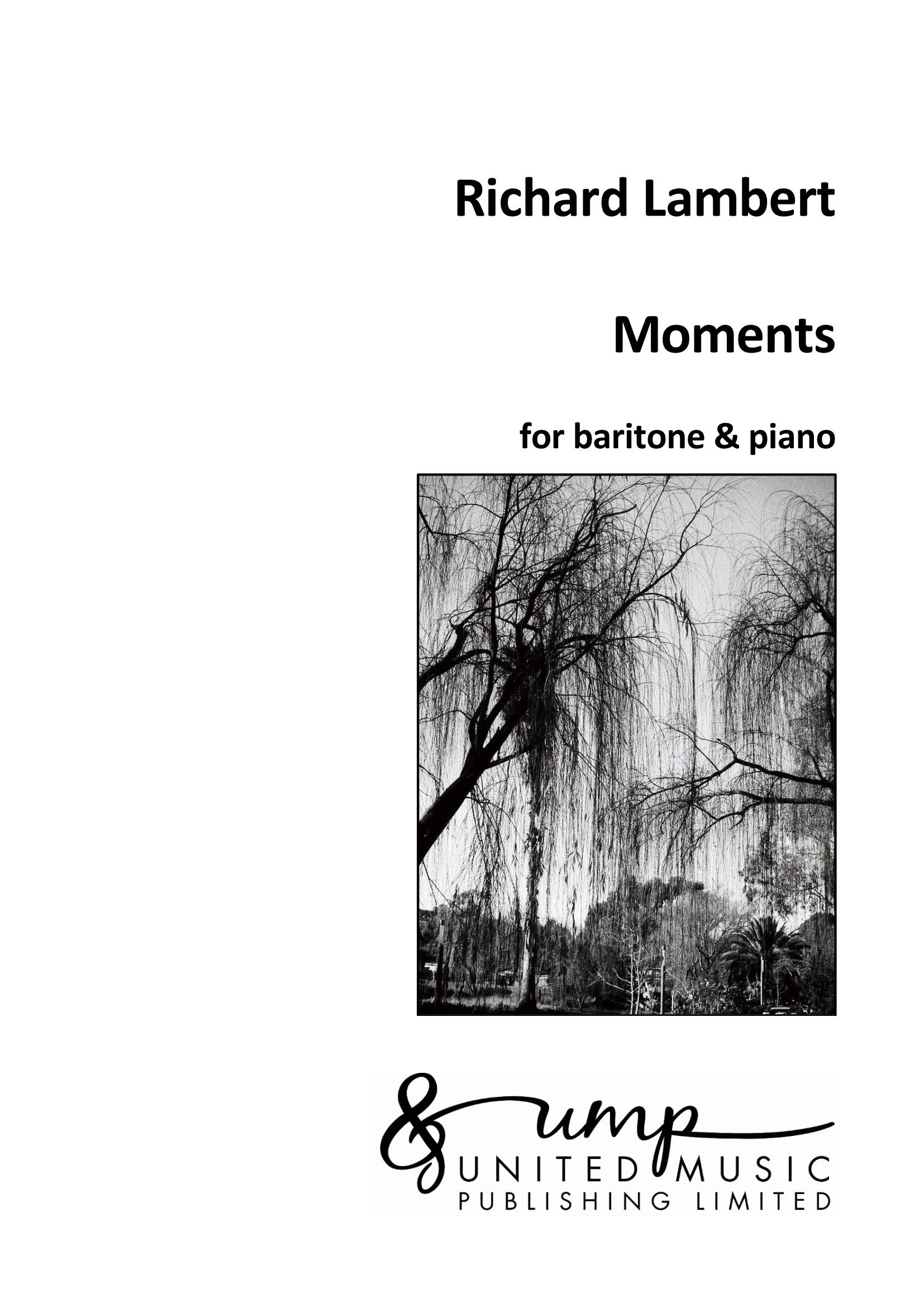 Moments (baritone)
Moments (baritone)
Duration 9'.
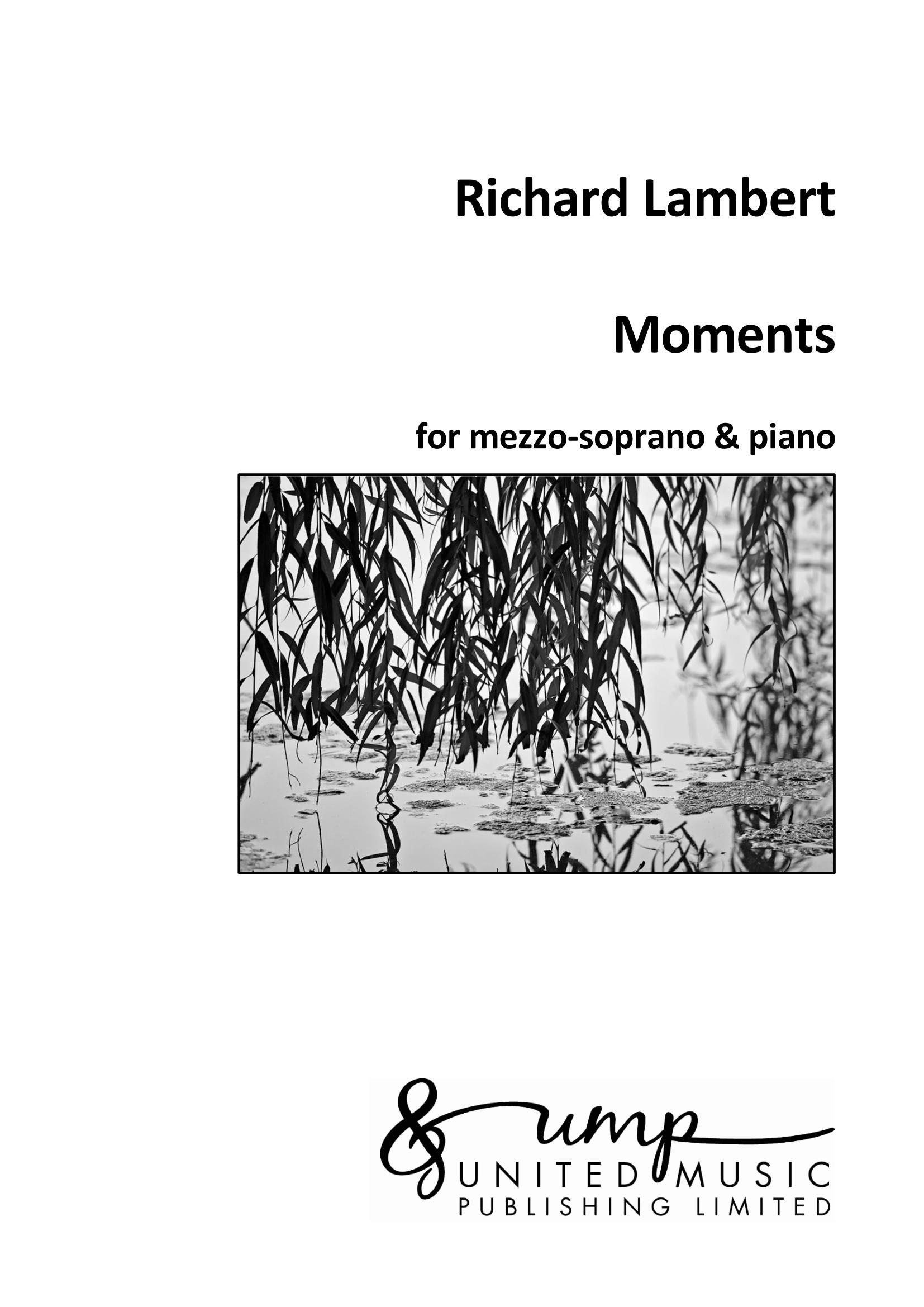 Moments (mezzo)
Moments (mezzo)
Duration 9'.
Listen to a sample clip
Duration 6'.
Listen to a sample clip
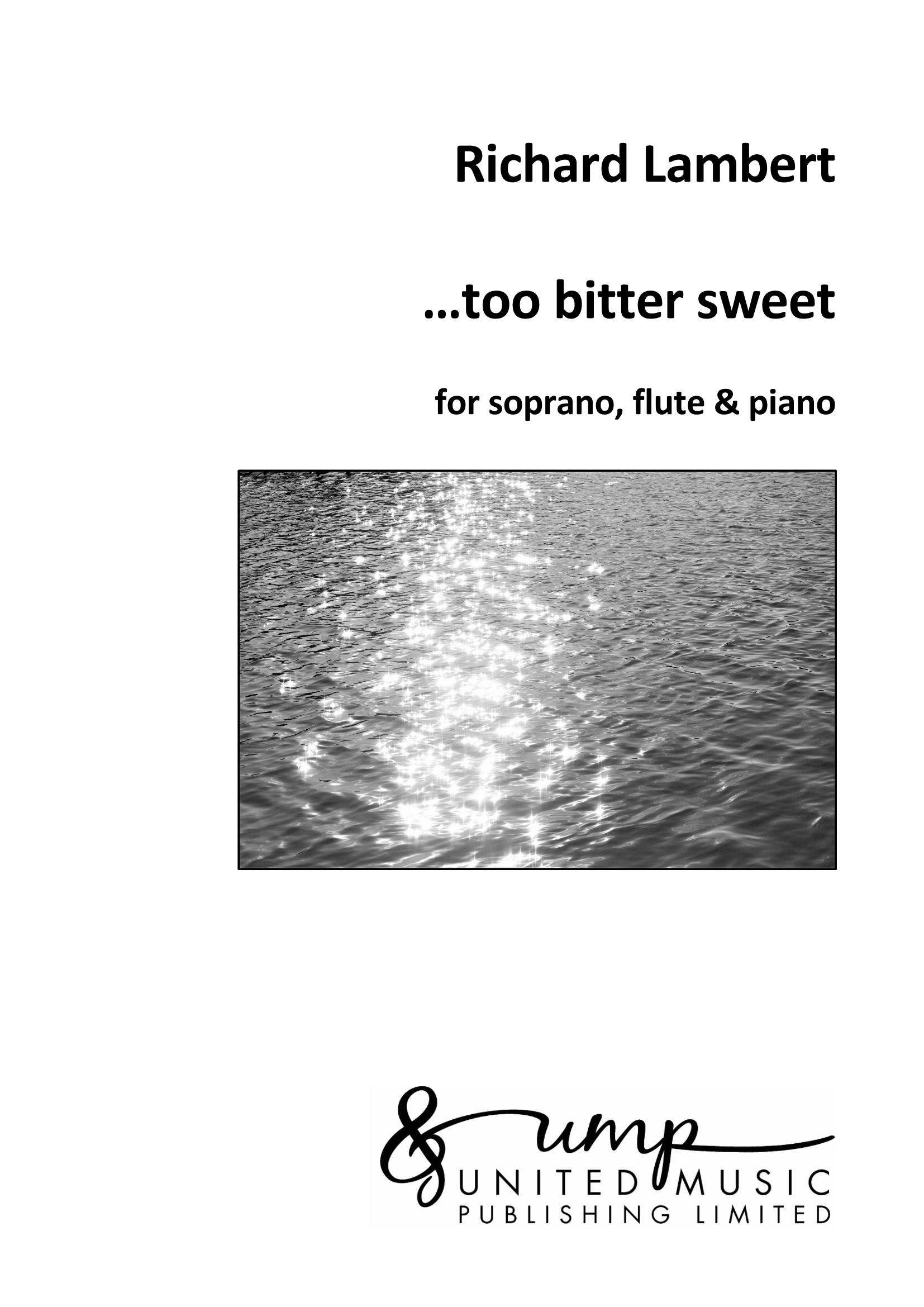 ...too bitter sweet
...too bitter sweet
Text Christina Rossetti.
Duration 18'.
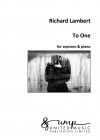 To One (1985)
To One (1985)
Text Christina H.M. Rees.
Duration 8'.
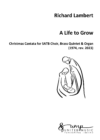 A Life to Grow (1974, rev. 2023)
A Life to Grow (1974, rev. 2023)
Duration 4'30".
Listen to a sample clip
Duration 4'30".
Duration c.15'.
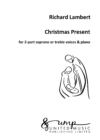 Christmas Present (2023)
Christmas Present (2023)
Duration 3'45".
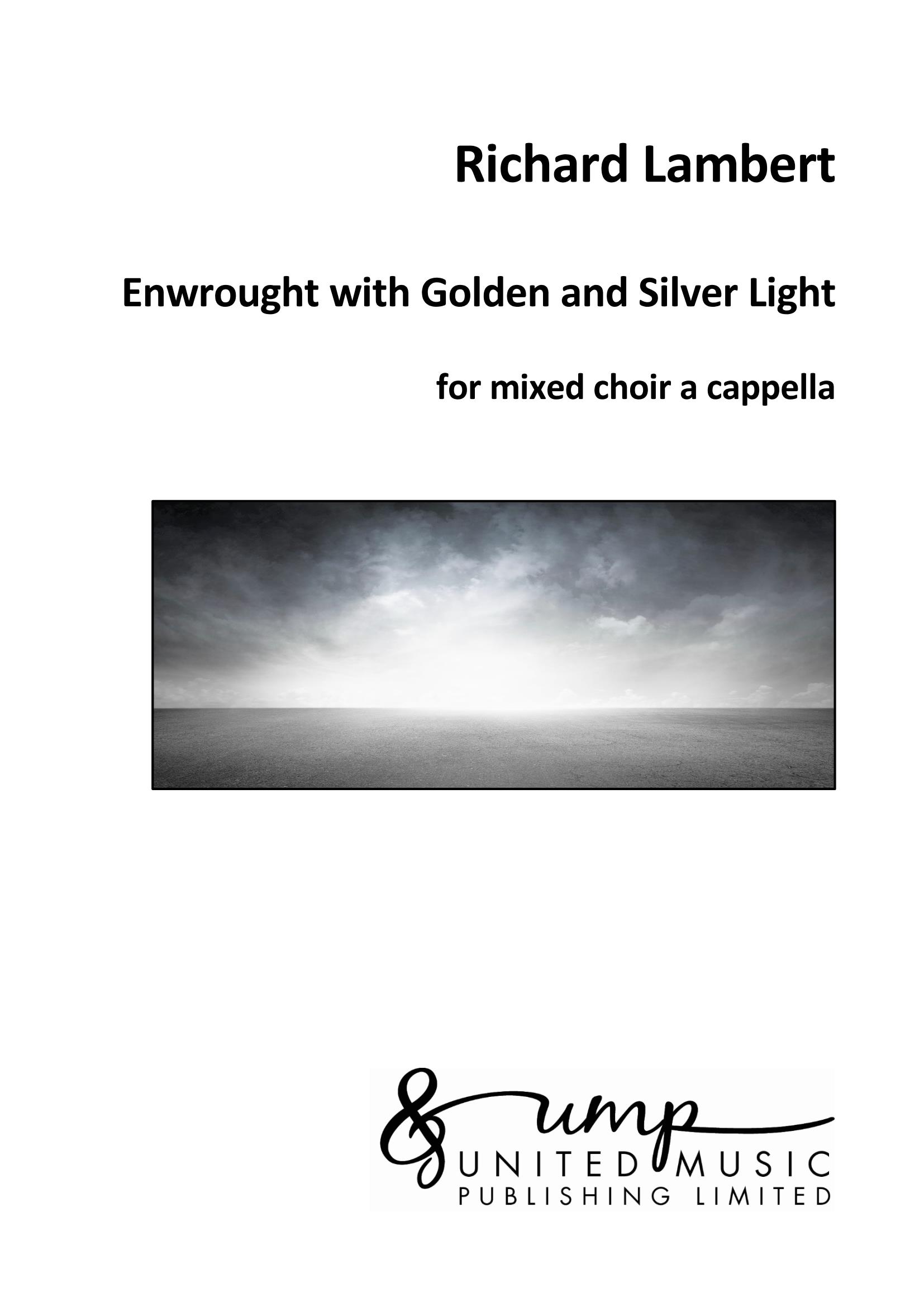 Enwrought with Golden and Silver Light (2018)
Enwrought with Golden and Silver Light (2018)
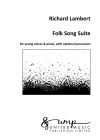 Folk Song Suite (arr. 2010)
Folk Song Suite (arr. 2010)
1.This old hammer and Zum gali gali; 2.The Tinker's Wedding; 3.Go down, Moses; 4.Hava nagilah.
Duration 12'30".
Listen to a sample clip
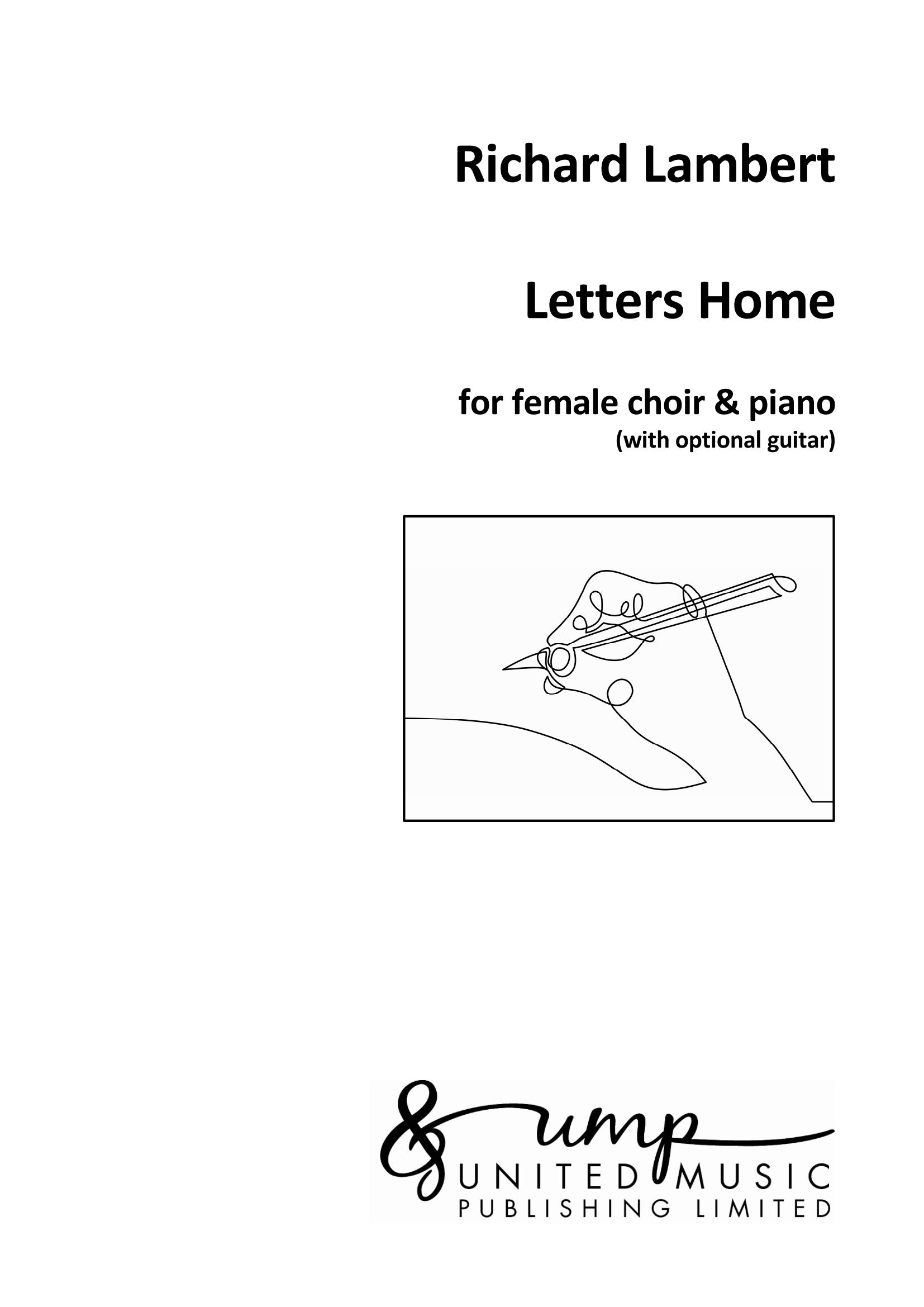 Letters Home (SSAA) (2018)
Letters Home (SSAA) (2018)
Duration 3'40".
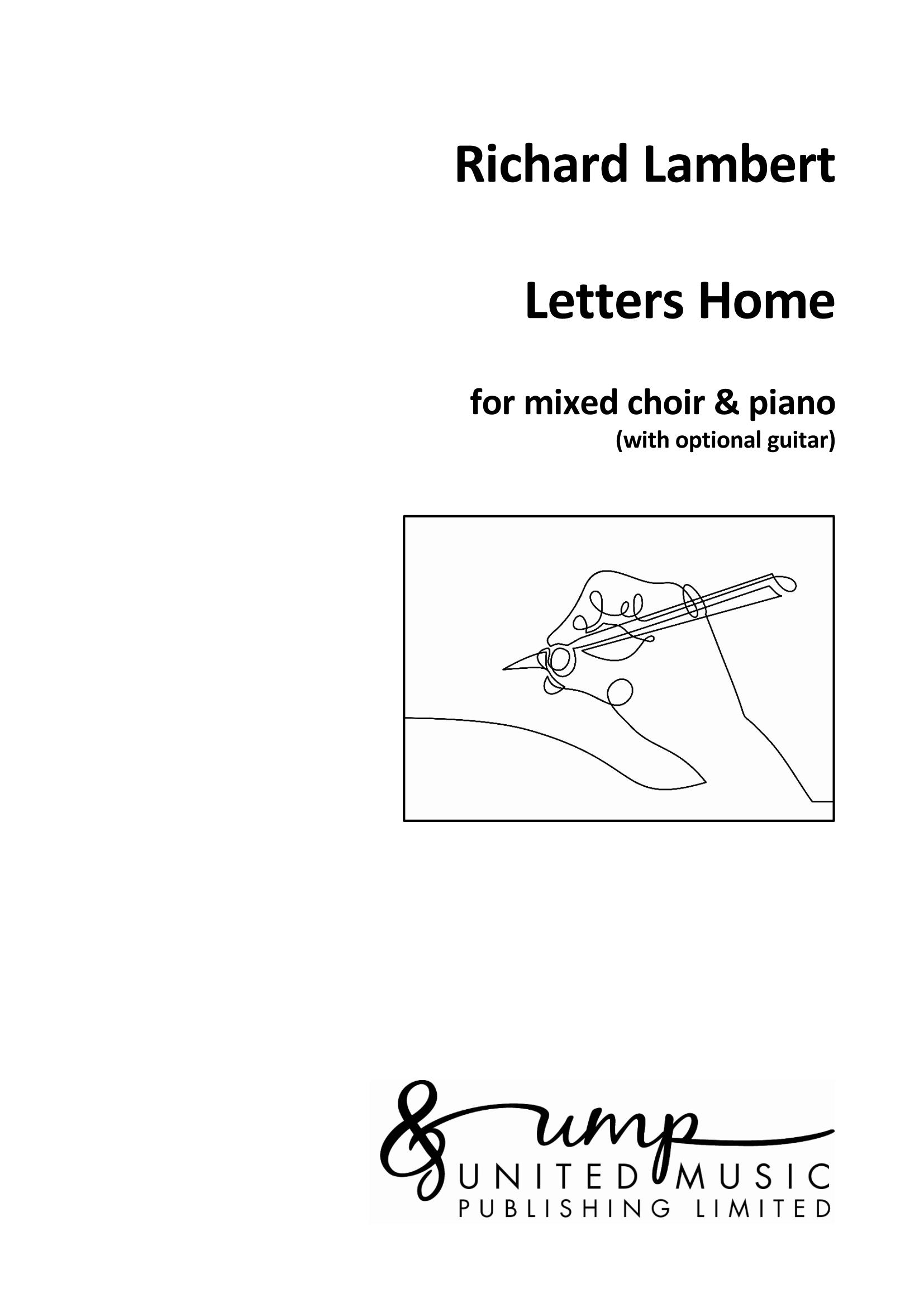 Letters Home (SSAATBB) (2011)
Letters Home (SSAATBB) (2011)
Duration 3'40".
Listen to a sample clip
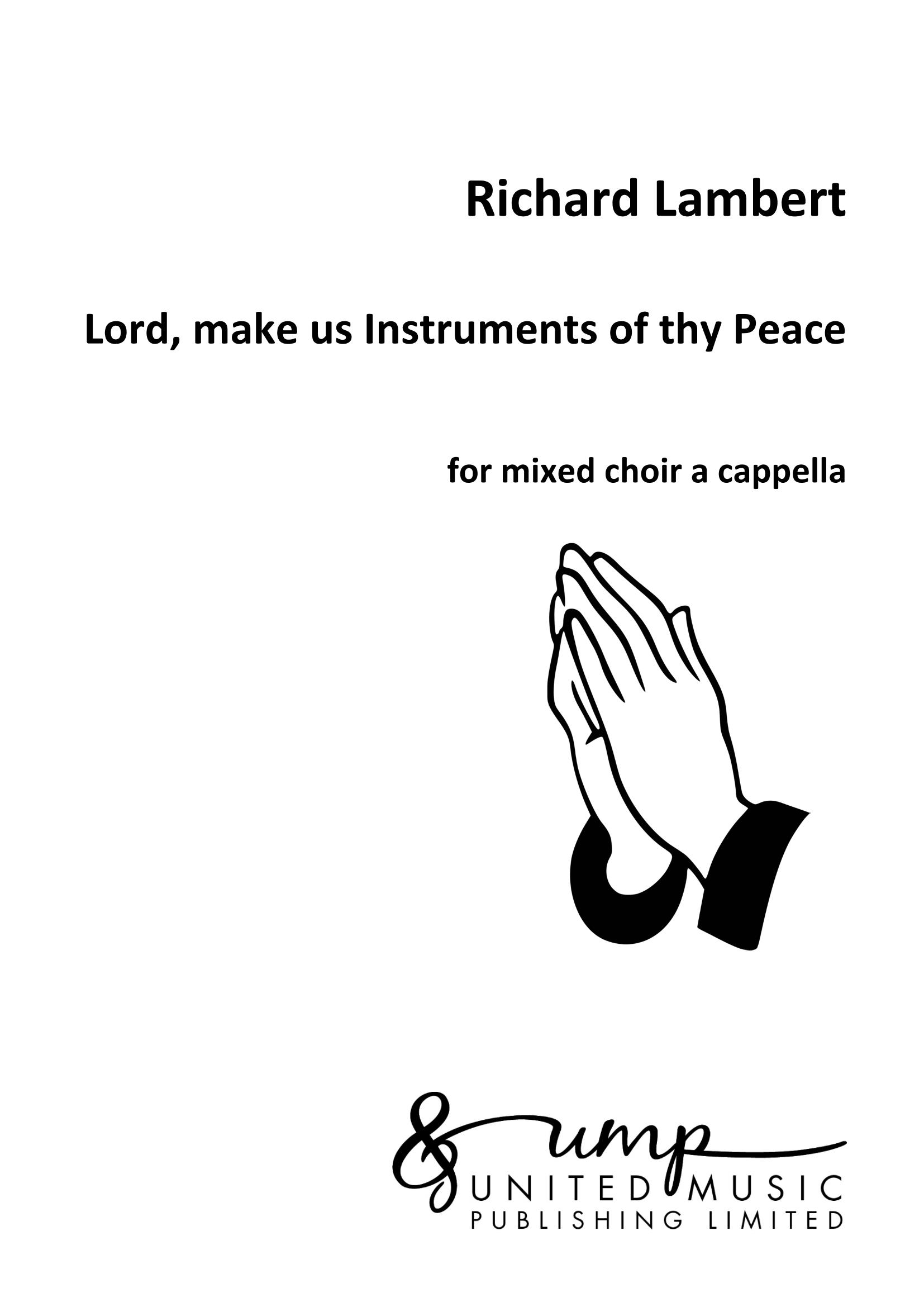 Lord, make us Instruments of thy Peace
Lord, make us Instruments of thy Peace
Duration 2'.
Listen to a sample clip
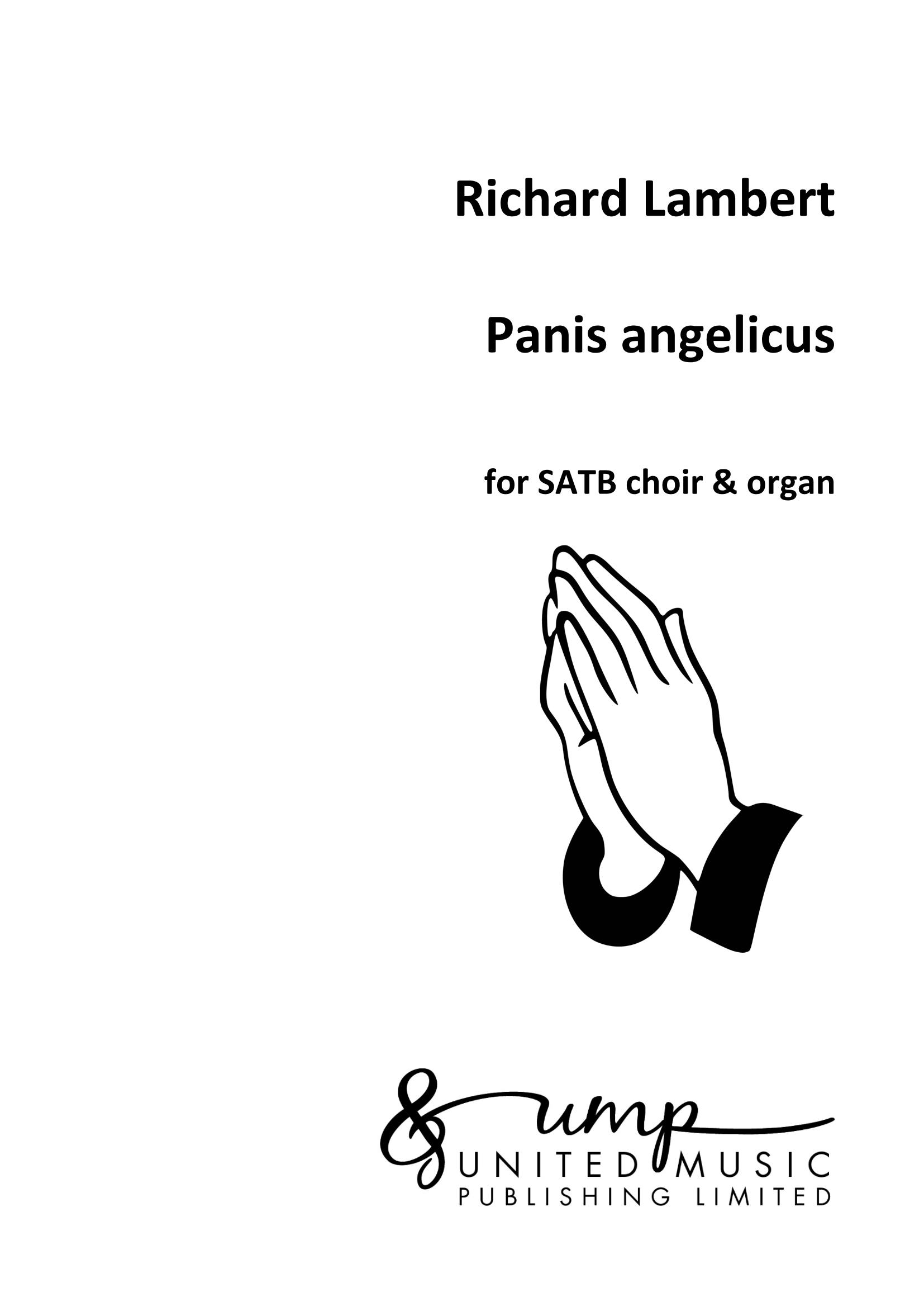 Panis angelicus
Panis angelicus
Duration 3'40".
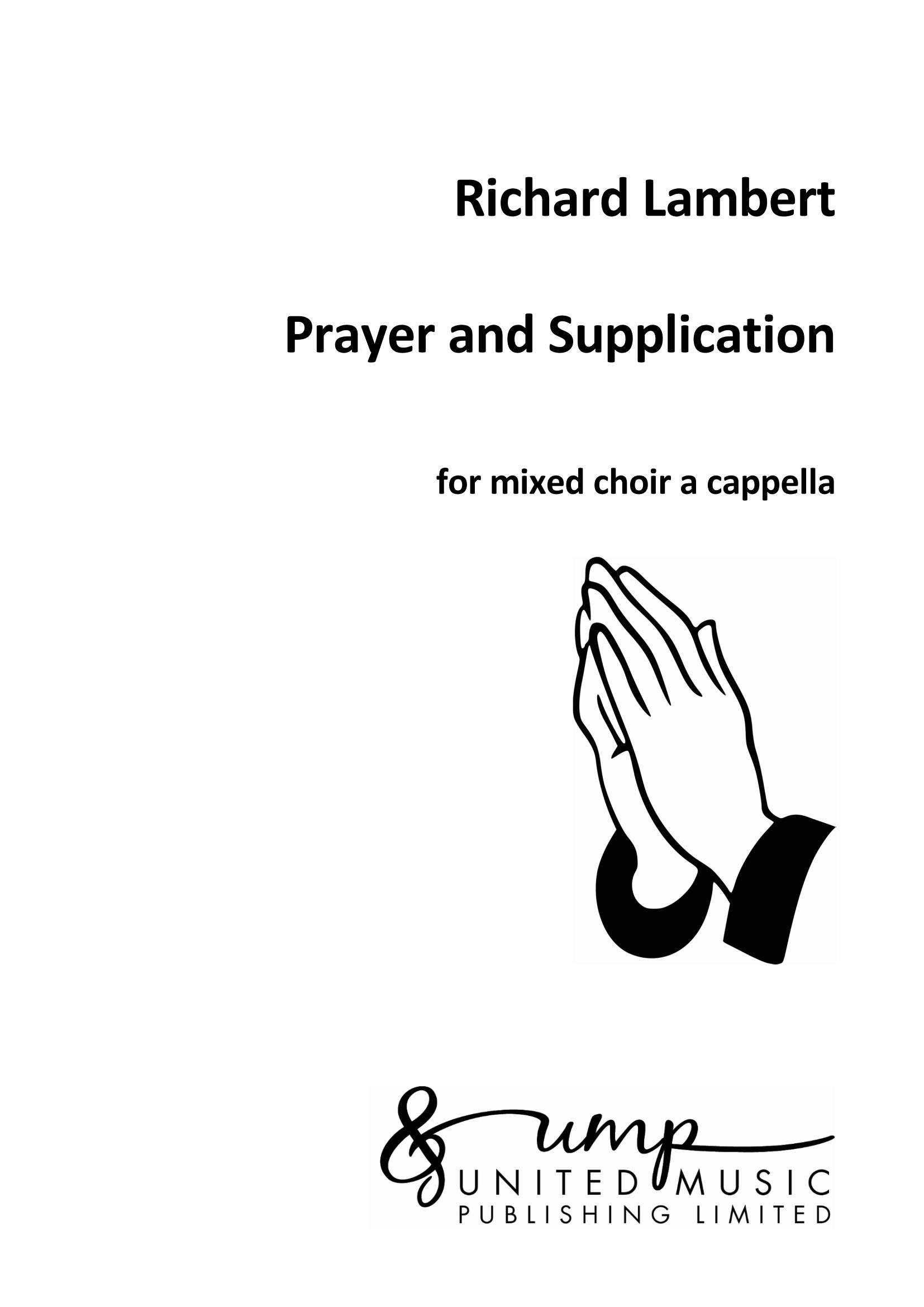 Prayer and Supplication (1975, rev. 2020)
Prayer and Supplication (1975, rev. 2020)
Listen to a sample clip
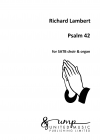 Psalm 42 (1993)
Psalm 42 (1993)
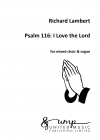 Psalm 116: I Love the Lord
Psalm 116: I Love the Lord
Duration 6'.
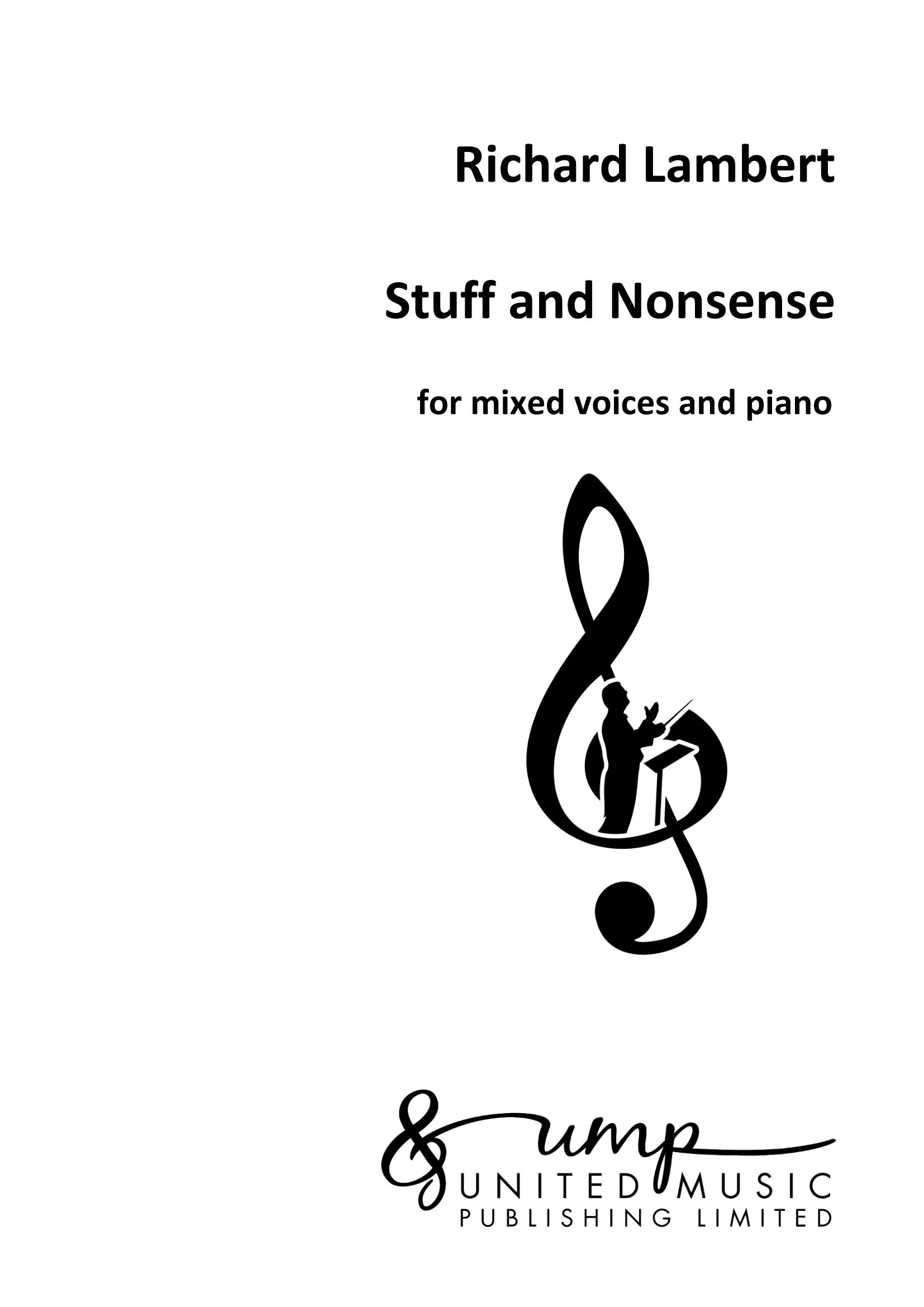 Stuff and Nonsense (SATB) (1992/2020)
Stuff and Nonsense (SATB) (1992/2020)
Duration 15'.
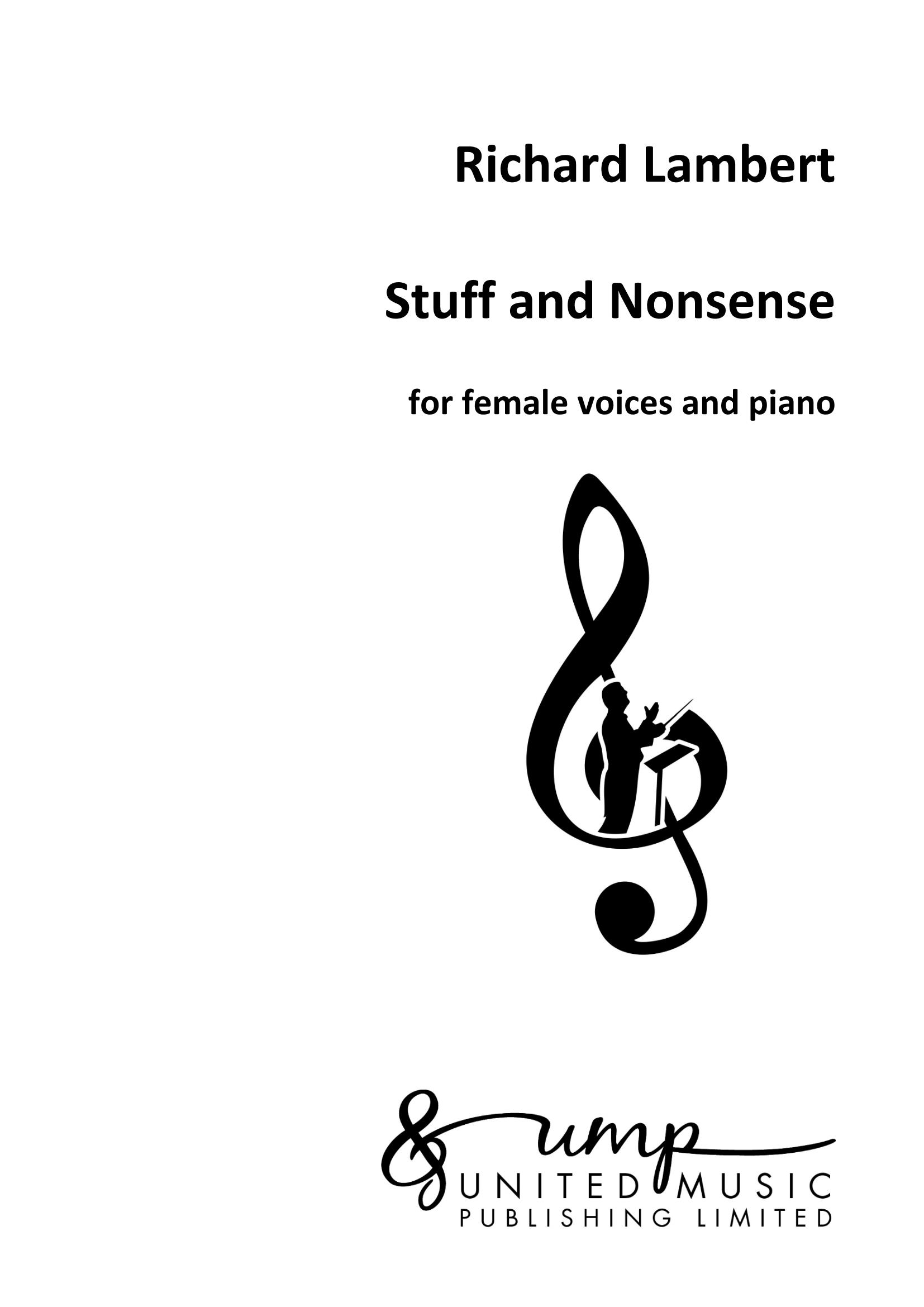 Stuff and Nonsense (SSAA) (1992)
Stuff and Nonsense (SSAA) (1992)
Duration 15'.
Listen to a sample clip
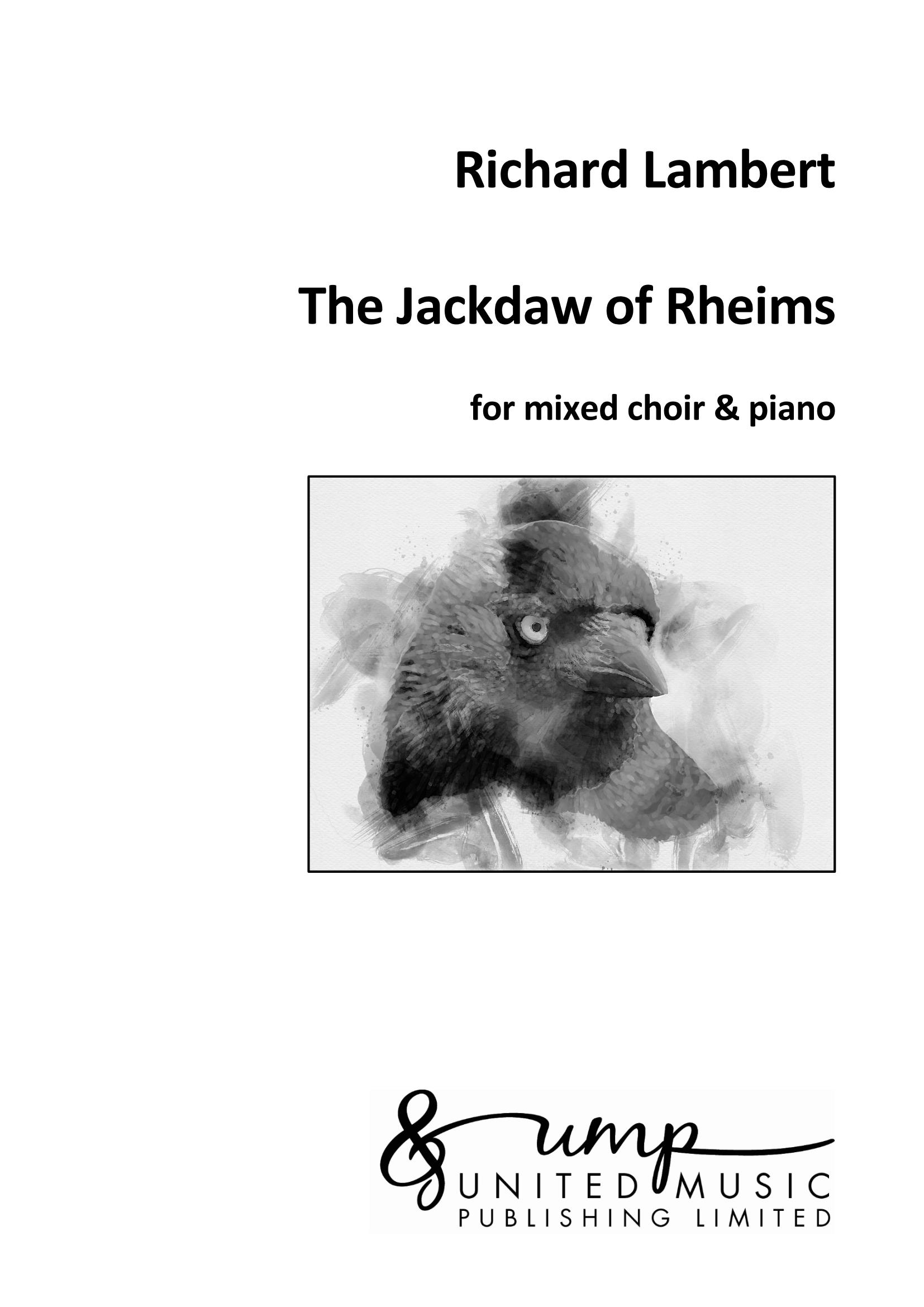 The Jackdaw of Rheims
The Jackdaw of Rheims
Duration 12'.
Listen to a sample clip
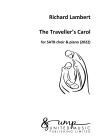 The Traveller's Carol (2022)
The Traveller's Carol (2022)
Duration 4'30".
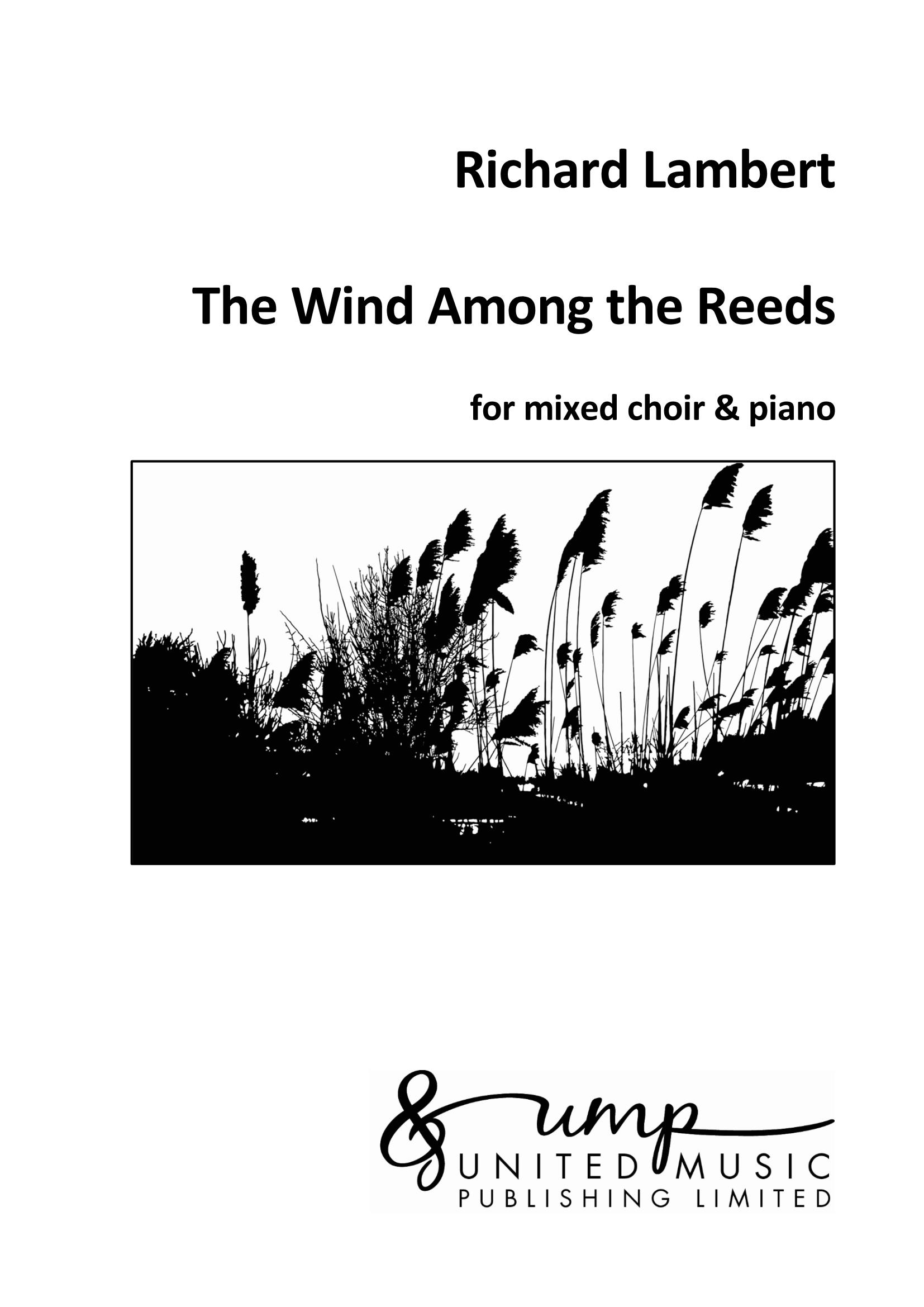 The Wind Among the Reeds
The Wind Among the Reeds
Duration 9'30".
Listen to a sample clip
Duration 14'.
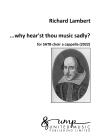 ...why hear'st thou music sadly? (2022)
...why hear'st thou music sadly? (2022)
 A Life to Grow (1974, rev. 2023)
A Life to Grow (1974, rev. 2023)
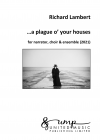 ... a plague o' your houses (2021)
... a plague o' your houses (2021)
Duration c. 14'.
Listen to a sample clip
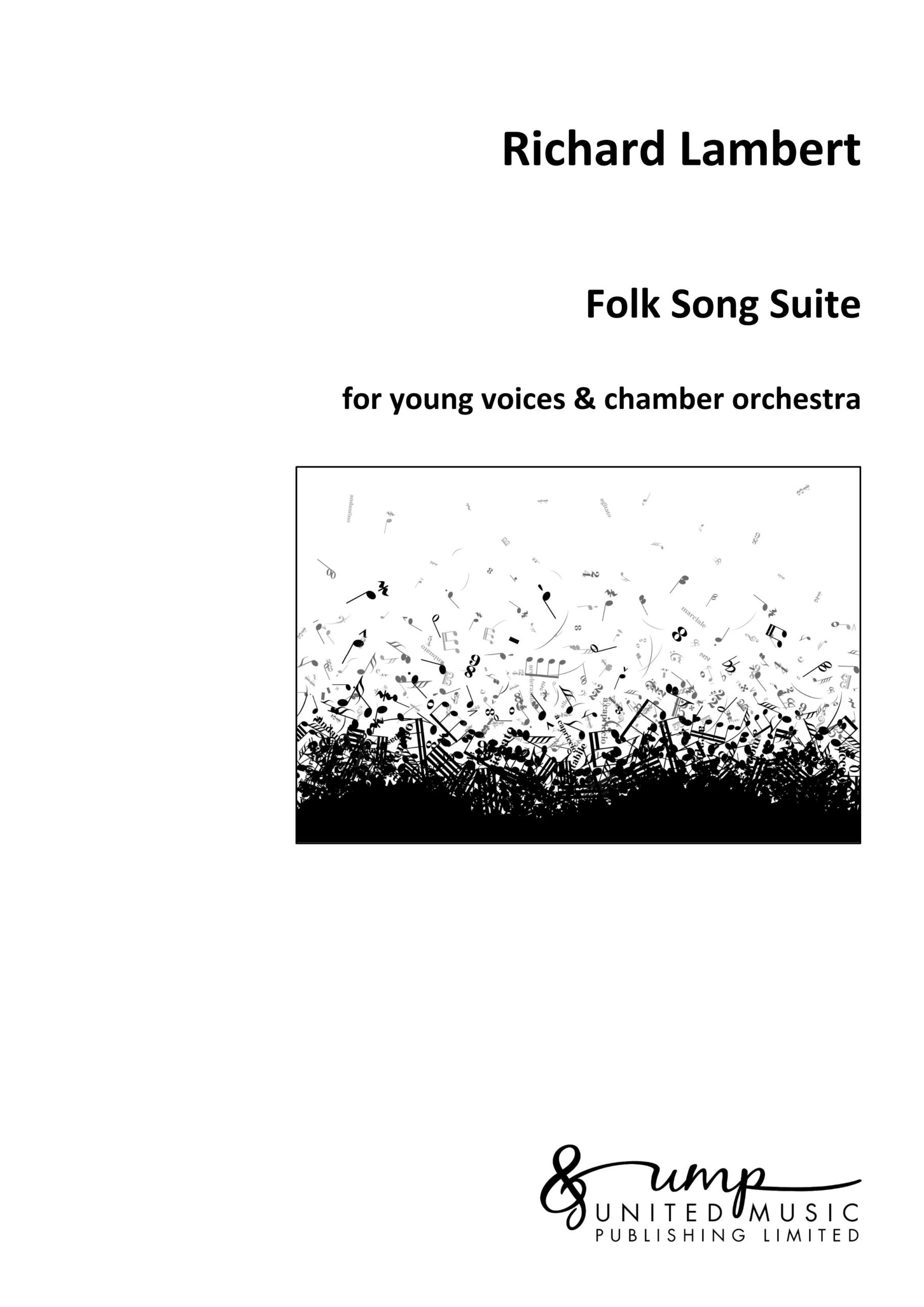 Folk Song Suite (arr. 1975, rev. 2008)
Folk Song Suite (arr. 1975, rev. 2008)
1.This old hammer and Zum gali gali; 2.The Tinker's Wedding; 3.Go down, Moses; 4.Hava nagilah.
Duration c.16'.
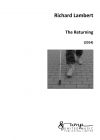 The Returning (2014)
The Returning (2014)
Duration 42'.
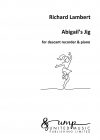 Abigail's Jig (1980, arr. 2011)
Abigail's Jig (1980, arr. 2011)
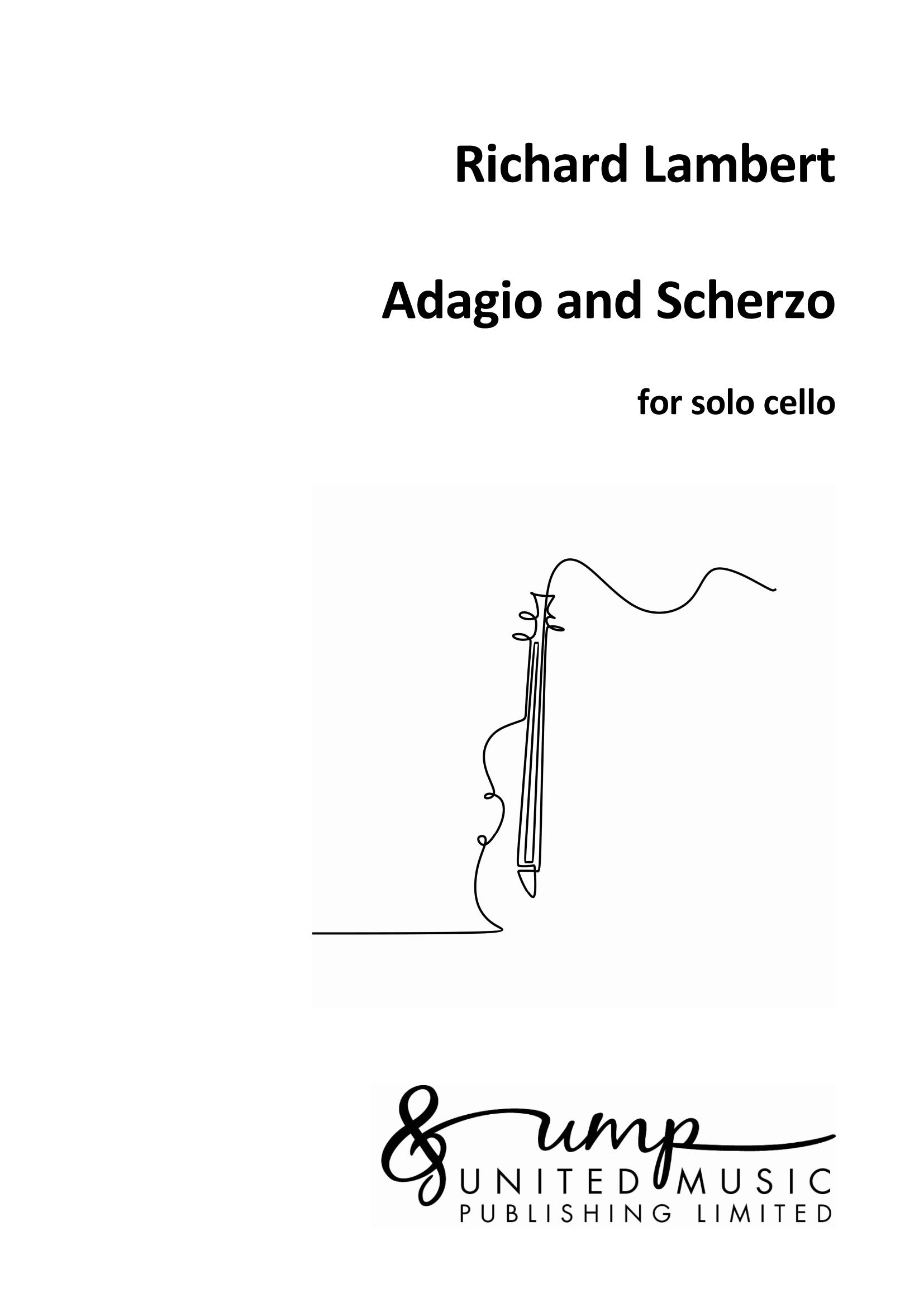 Adagio and Scherzo
Adagio and Scherzo
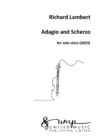 Adagio and Scherzo (2023)
Adagio and Scherzo (2023)
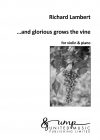 ...and glorious grows the vine (transc. 1991, rev. 2020)
...and glorious grows the vine (transc. 1991, rev. 2020)
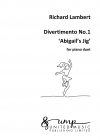 Divertimento No.1 'Abigail's Jig' (1980, arr. 1996)
Divertimento No.1 'Abigail's Jig' (1980, arr. 1996)
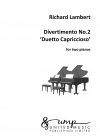 Divertimento No.2 'Duetto Capriccioso' (1987, arr. 1995)
Divertimento No.2 'Duetto Capriccioso' (1987, arr. 1995)
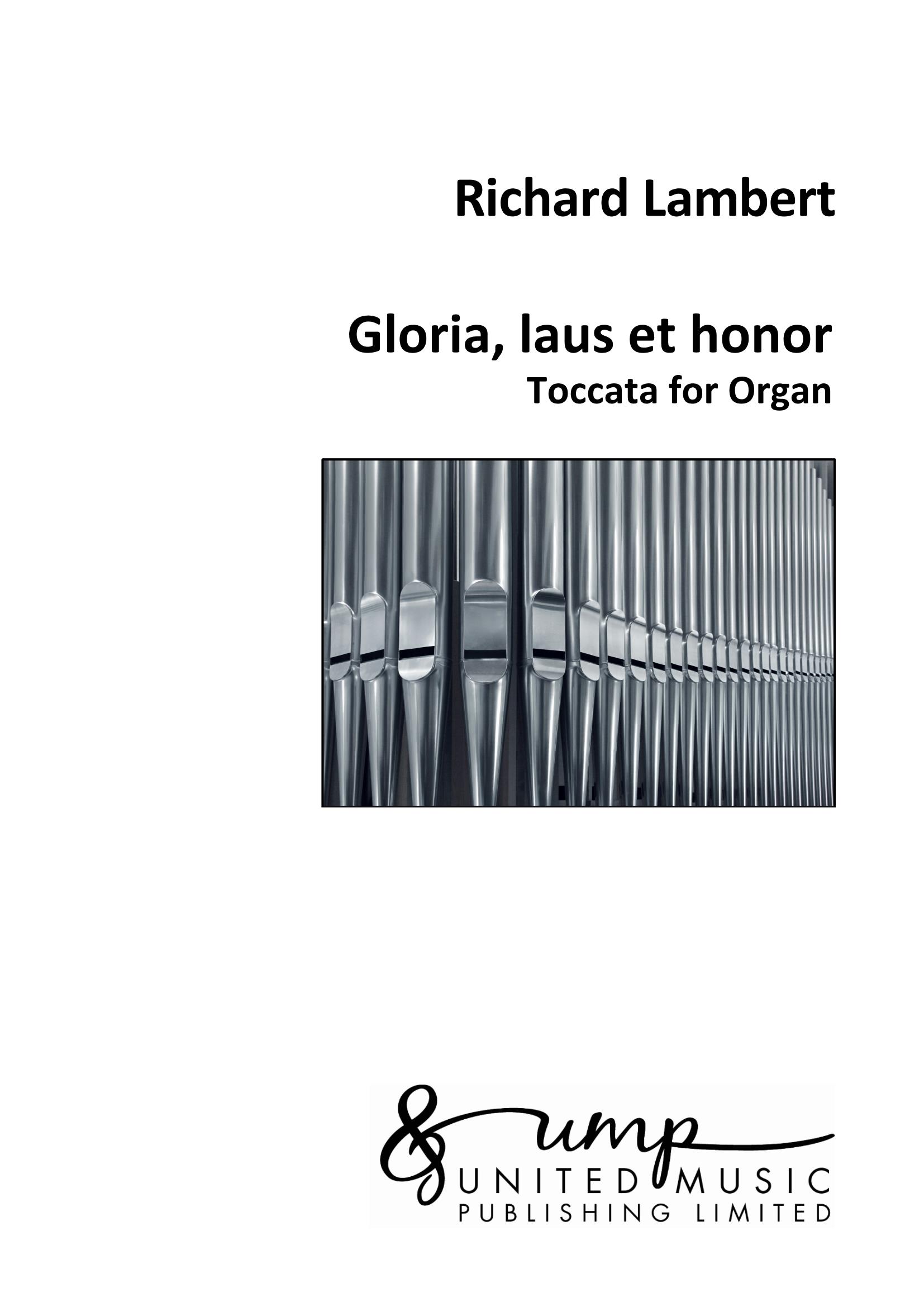 Gloria, laus et honor
Gloria, laus et honor
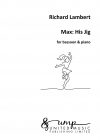 Max: His Jig (2012)
Max: His Jig (2012)
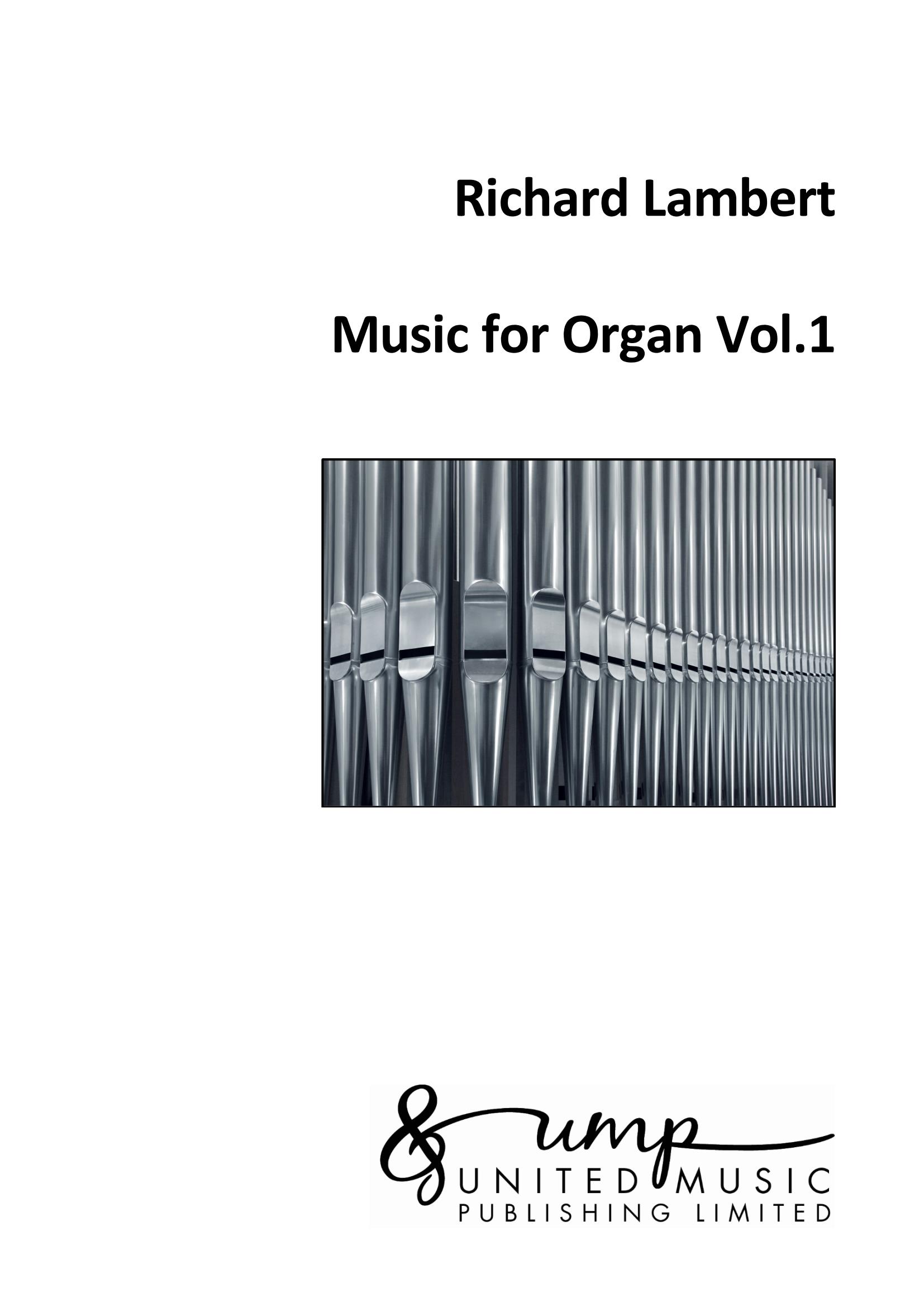 Music for Organ Vol.1
Music for Organ Vol.1
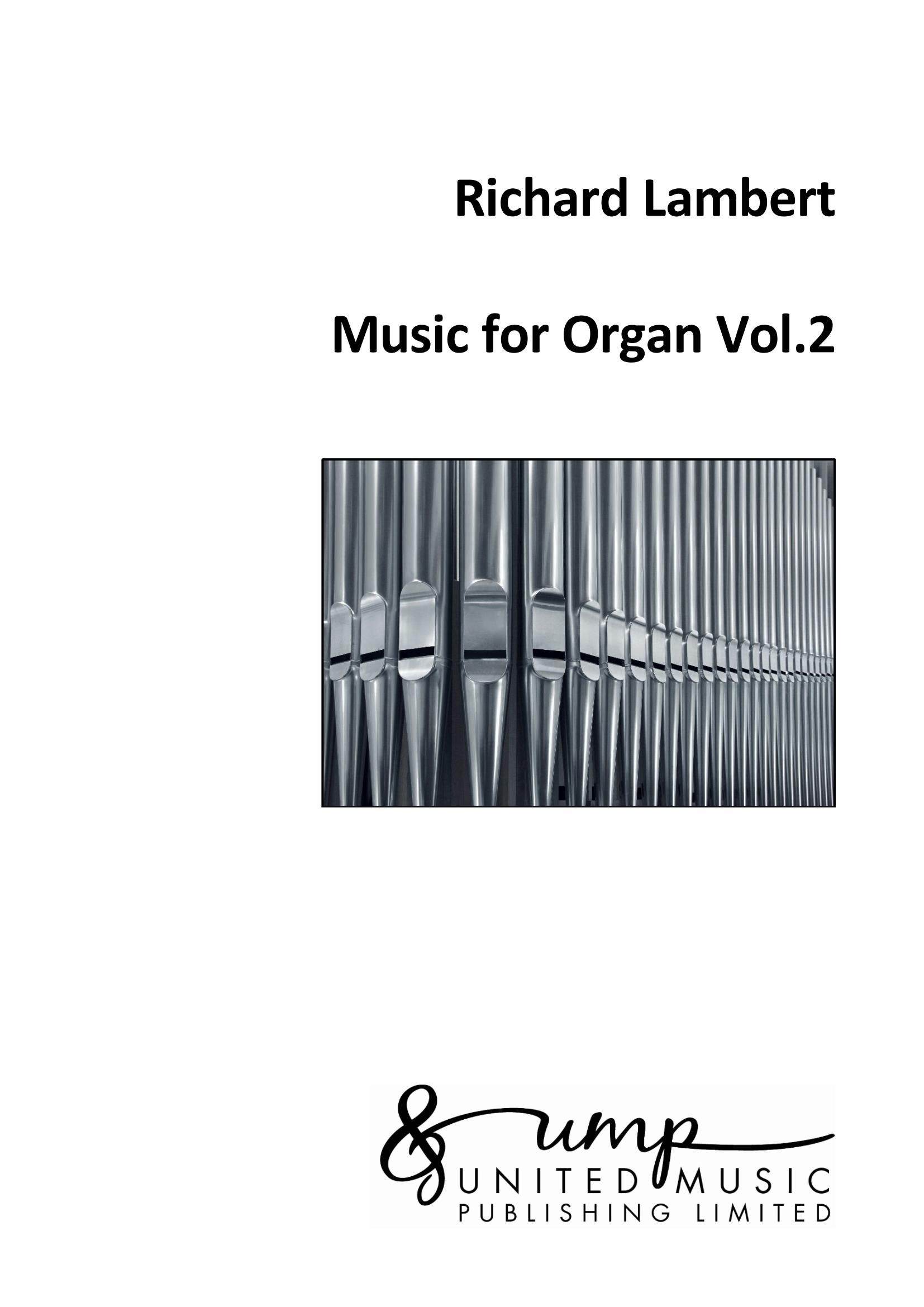 Music for Organ Vol.2
Music for Organ Vol.2
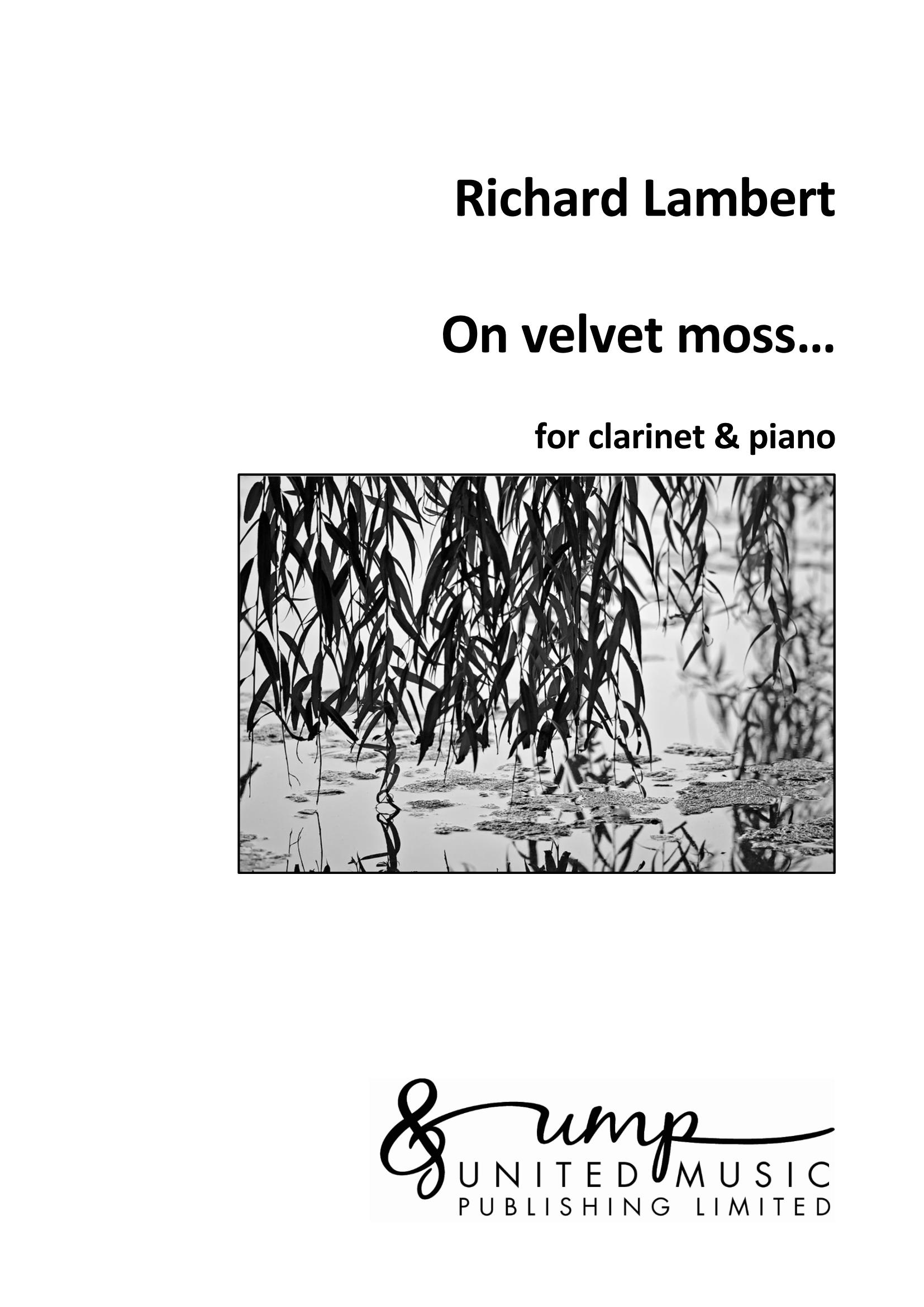 On velvet moss... (1977, transc. 2008)
On velvet moss... (1977, transc. 2008)
Duration 10'.
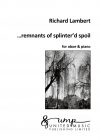 ...remnants of splinter'd spoil (1977, transc. 2020)
...remnants of splinter'd spoil (1977, transc. 2020)
Duration 10'.
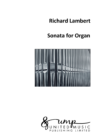 Sonata for Organ (2023)
Sonata for Organ (2023)
Duration c.14'.
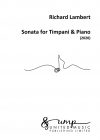 Sonata for Timpani & Piano (2020)
Sonata for Timpani & Piano (2020)
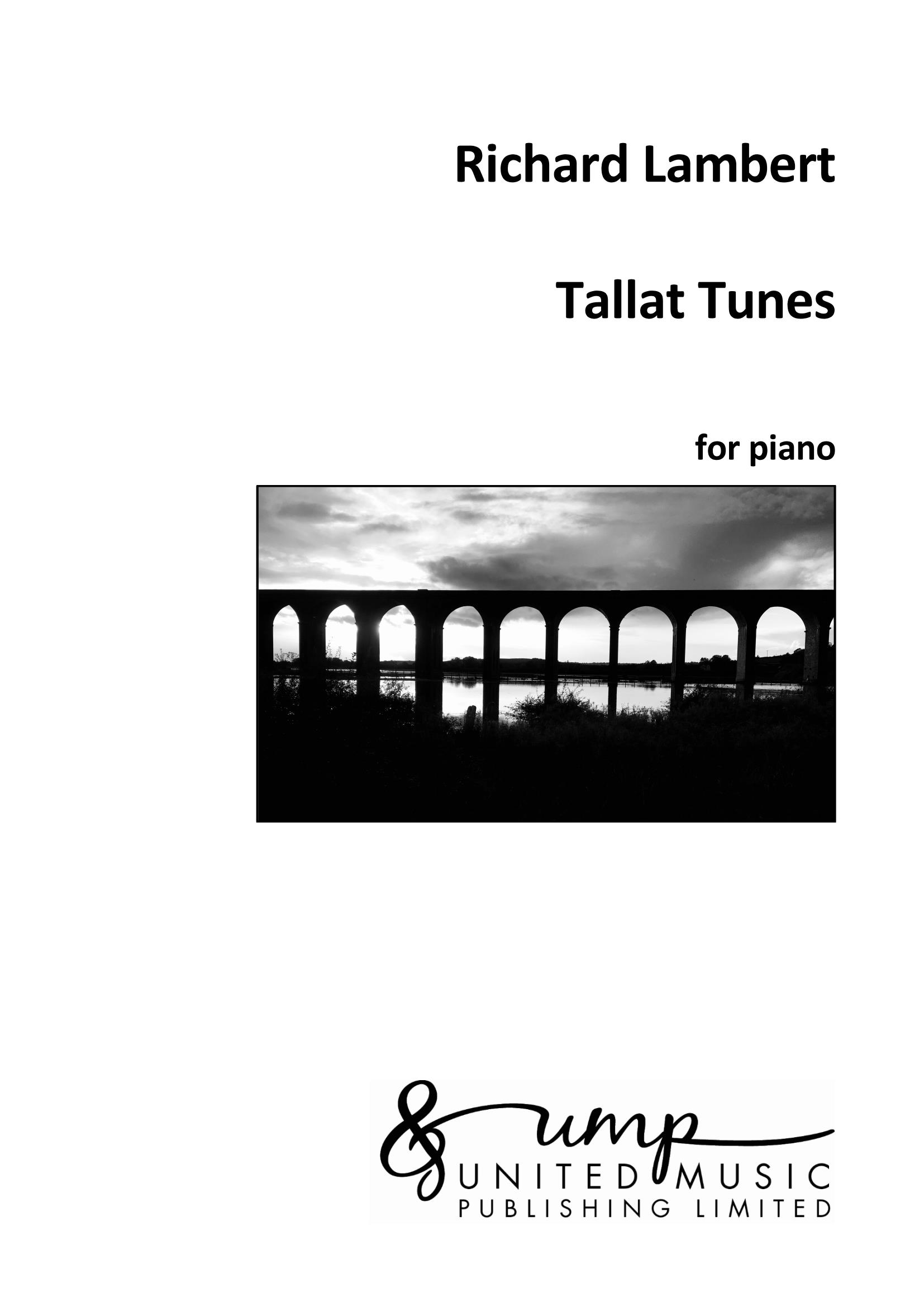 Tallat Tunes
Tallat Tunes
Duration c.8'.
Listen to a sample clip
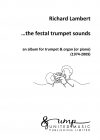 ...the festal trumpet sounds (1974-2009)
...the festal trumpet sounds (1974-2009)
Duration 6'30".
 The Great Wheel of the Sun (1994, rev. 2020)
The Great Wheel of the Sun (1994, rev. 2020)
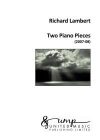 Two Piano Pieces
Two Piano Pieces
Duration 7'15".
Listen to a sample clip
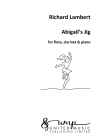 Abigail's Jig (1980, arr. 2021)
Abigail's Jig (1980, arr. 2021)
 Guitar Quartet (2012)
Guitar Quartet (2012)
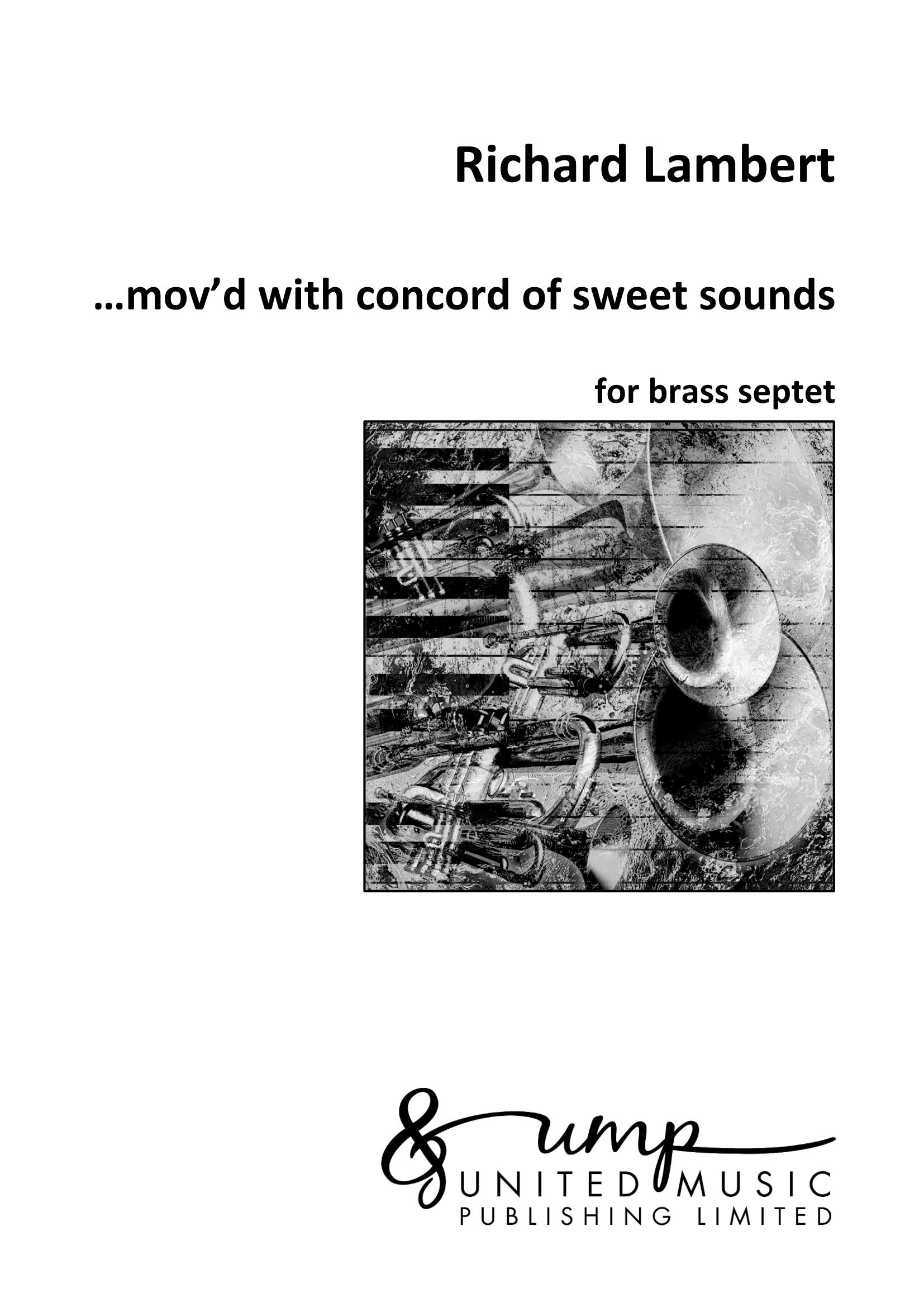 ...mov'd with concord of sweet sounds (2011)
...mov'd with concord of sweet sounds (2011)
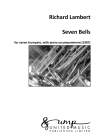 Seven Bells (1987)
Seven Bells (1987)
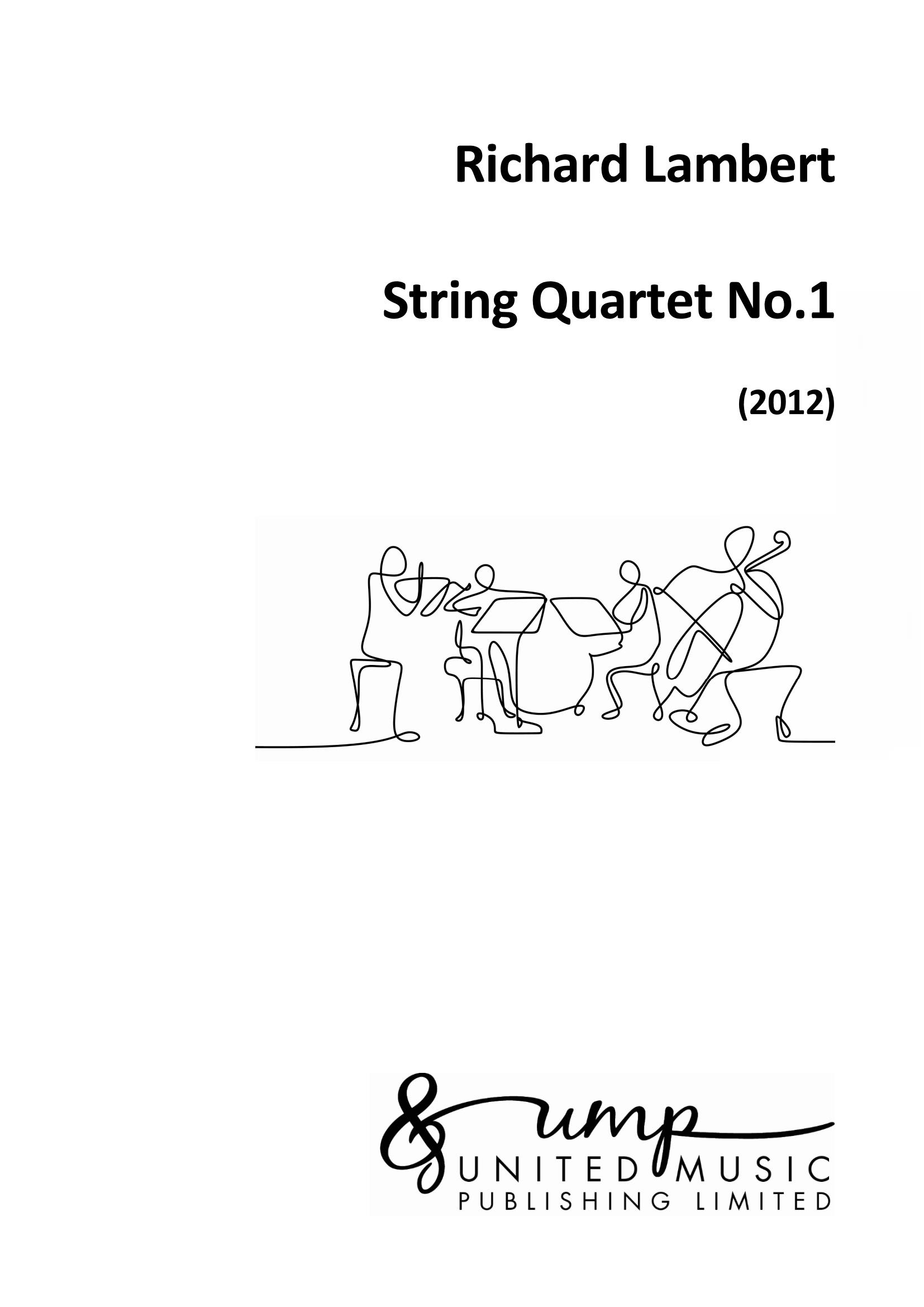 String Quartet No.1
String Quartet No.1
 String Quartet No.2 (2016)
String Quartet No.2 (2016)
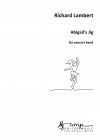 Abigail's Jig (1980)
Abigail's Jig (1980)
Duration 2'45".
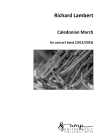 Caledonian March (2012/2023)
Caledonian March (2012/2023)
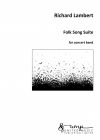 Folk Song Suite (arr. 2009)
Folk Song Suite (arr. 2009)
Duration 13'30".
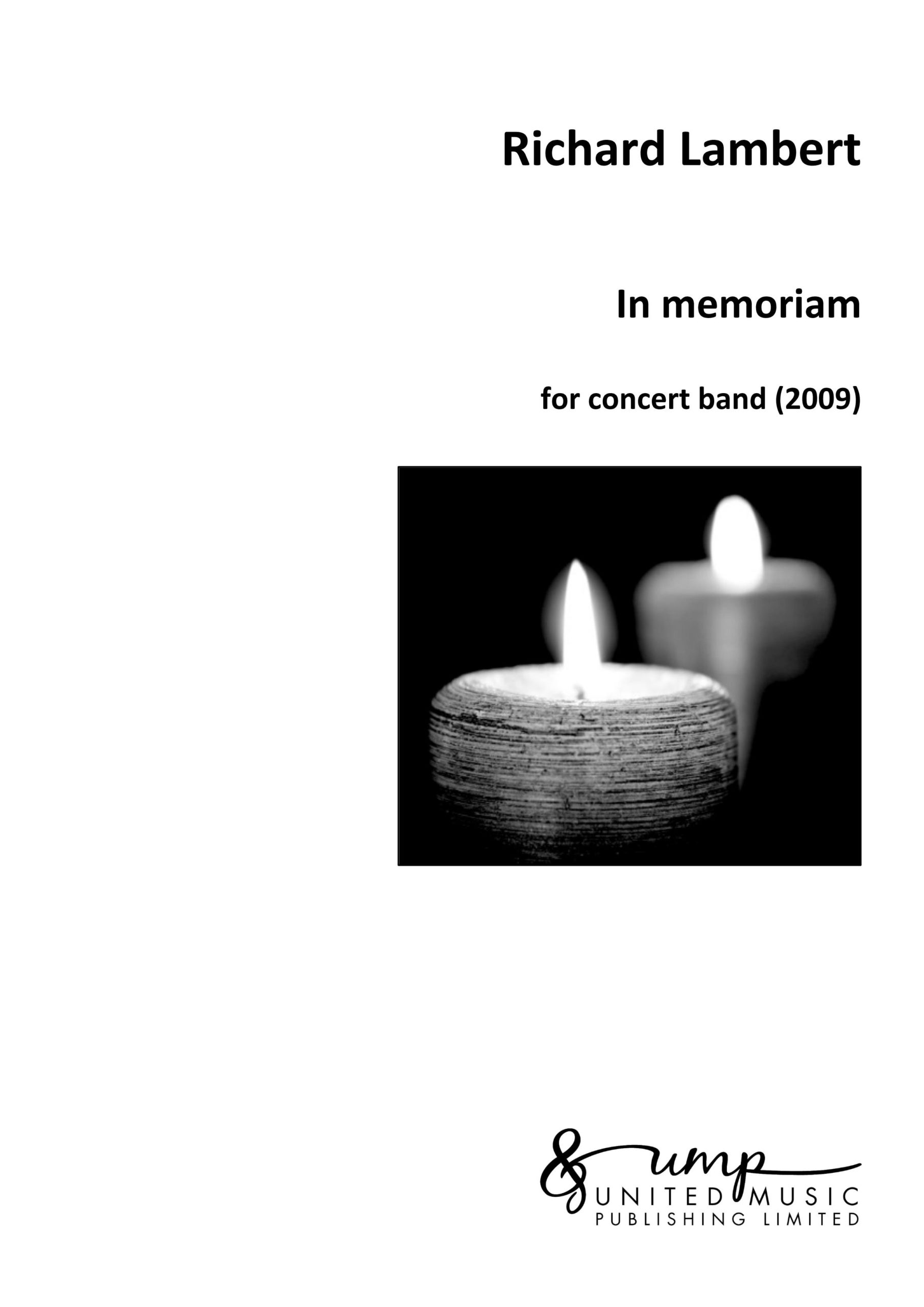 In memoriam (2009)
In memoriam (2009)
Duration 4'30".
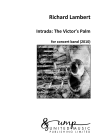 Intrada: The Victor's Palm (2010)
Intrada: The Victor's Palm (2010)
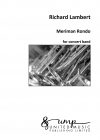 Meriman Rondo (1980)
Meriman Rondo (1980)
Duration 3'45".
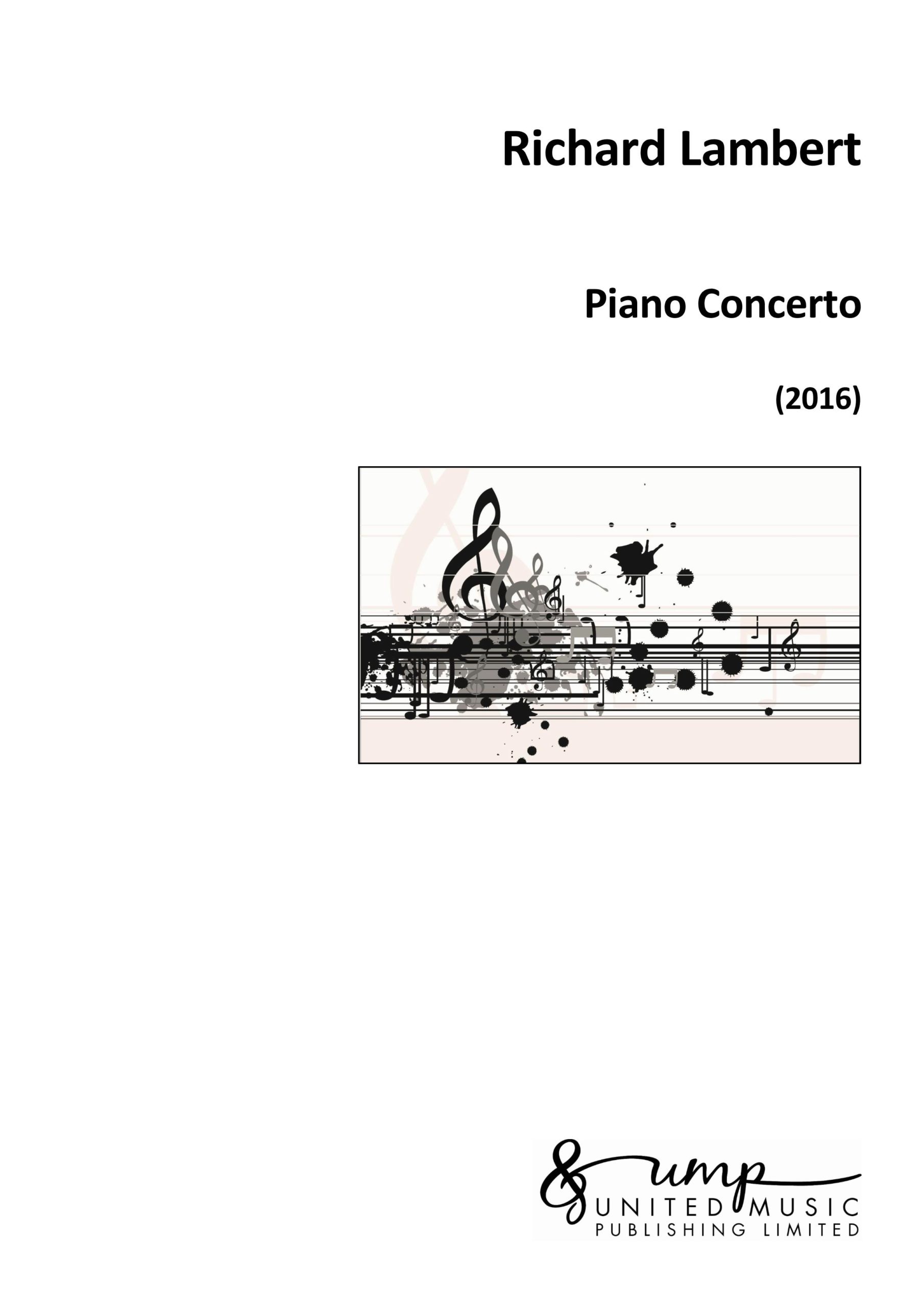 Piano Concerto (2012-16)
Piano Concerto (2012-16)
Duration 23'.
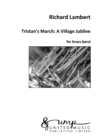 Tristan's March: A Village Jubilee (1977, rev. 2023)
Tristan's March: A Village Jubilee (1977, rev. 2023)
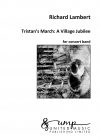 Tristan's March: A Village Jubilee (1977, rev. 2021)
Tristan's March: A Village Jubilee (1977, rev. 2021)
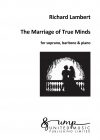 The Marriage of True Minds (1981/2010)
The Marriage of True Minds (1981/2010)
Duration 30'.
 The Yellow Dress (2010)
The Yellow Dress (2010)
This short opera takes an uncompromising look at one of the great challenges of our society: our treatment of older people, and particularly those whose mental fragility makes them both vulnerable and burdensome. The story starkly explores the choices we are forced to make and how the ties of duty and devotion are tested by a chance of love.
The cast has two female singers (SS), and the role of Mother is primarily a spoken, acted role (except for a single, poignant, sung line), and a chamber ensemble of seven players: flute (doubling piccolo), clarinet (doubling bass clarinet), bassoon, keyboard and three percussionists.
Text Hilary Spiers.
Duration 45'.


